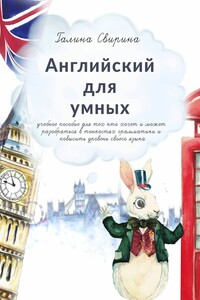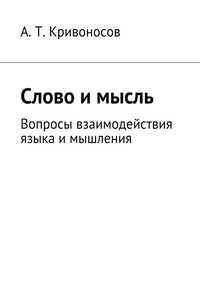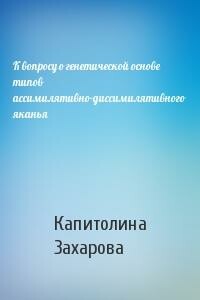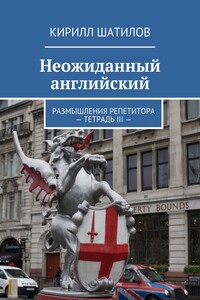Английский язык для юристов. Предпринимательское право | страница 51
There are three basic kinds of negotiable instruments: drafts (including checks), notes, and certificates of deposit.
A draft (also known as a bill of exchange) is an instrument by which the party creating it orders another party to pay money to a third party. The one who draws the draft (that is, the one who orders money to be paid) is called the drawer. The one who is requested to pay the money is called the drawee. The one who is to receive the money is known as the payee.
Drafts may be presented to the drawee for payment, or for acceptance. When a draft is presented for acceptance, the drawee is requested to become liable on the instrument. To accept a draft, the drawee writes «accepted» across the face of the instrument and dates and signs it. By doing this, the drawee agrees to pay the instrument at a later date when it becomes due. An acceptance must be written on the draft, but it may consist of the drawee's signature alone.
A check is a special kind of draft that is drawn on a bank and is payable on demand. A check is also the most common type of draft.
A sight draft is payable as soon as it is presented to the drawee for payment. A time draft is not payable until the lapse of a particular time period stated on the draft.
A trade acceptance is a draft used by a seller of goods to receive payment and also to extend credit. It is often used in combination with a bill of lading, which is a receipt given by a freight company to someone who ships goods. If it is a sight draft, the buyer must pay the draft immediately to receive the bill of lading from the bank. If it is a time draft, the buyer must accept the draft to receive the bill of lading from the bank. The freight company will not release the goods to the buyer unless the buyer has the bill of lading.
Discounting means that the bank will buy the instrument at a price below its face amount with the aim of ultimately collecting the face amount.
A domestic bill of exchange is a draft that is drawn and payable in the country of origin. A draft that is drawn in one country but is payable in another is called an international bill of exchange, or foreign draft.
A note (often called a promissory note) is a written promise by one party, called the maker, to pay money to the order of another party, called the payee. In contrast with drafts, notes are promise instruments rather than order instruments, and they involve only two parties instead of three. They are used by people who loan money or extend credit as evidence of debt. When two or more parties sign a note, they are called



